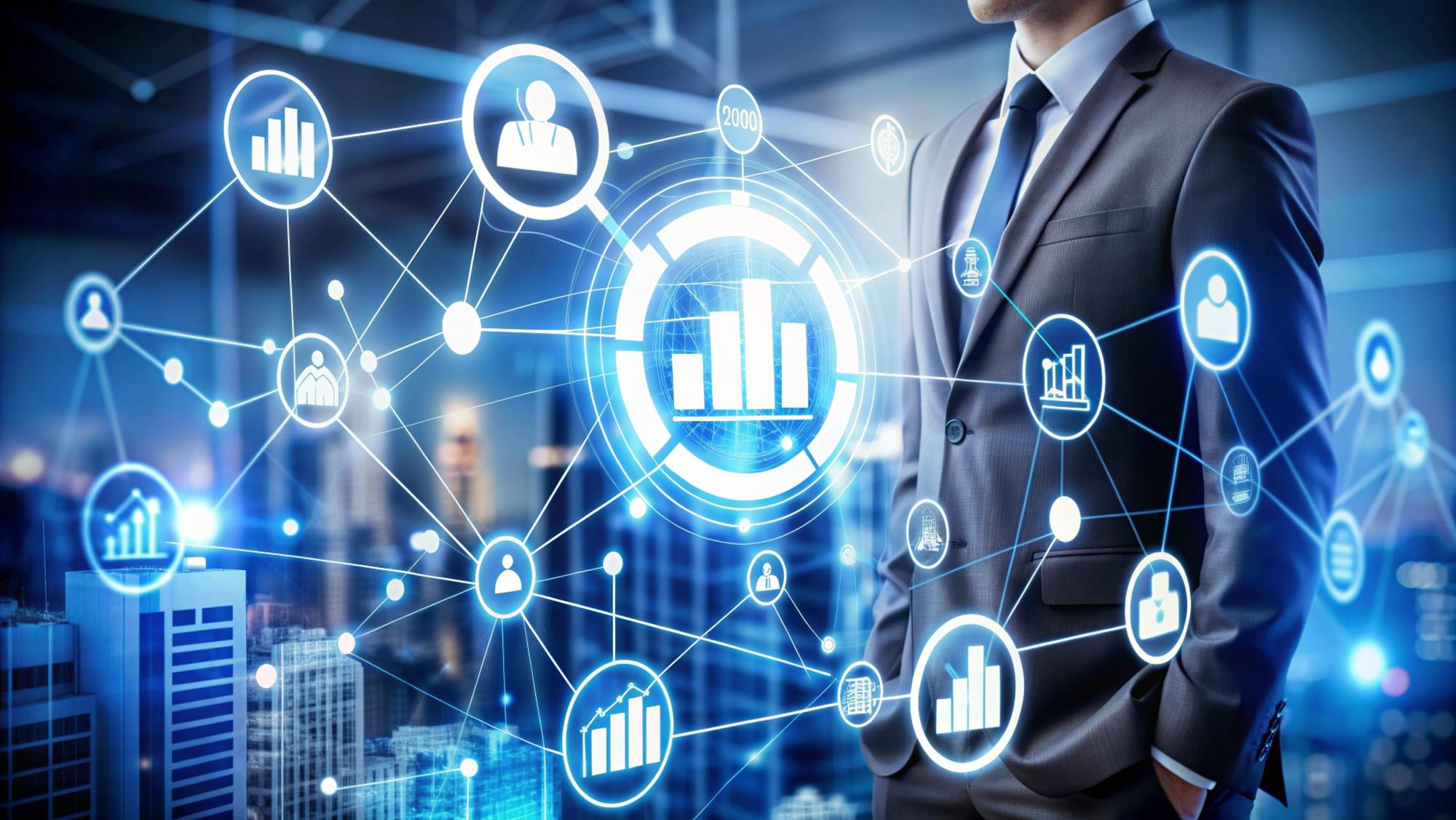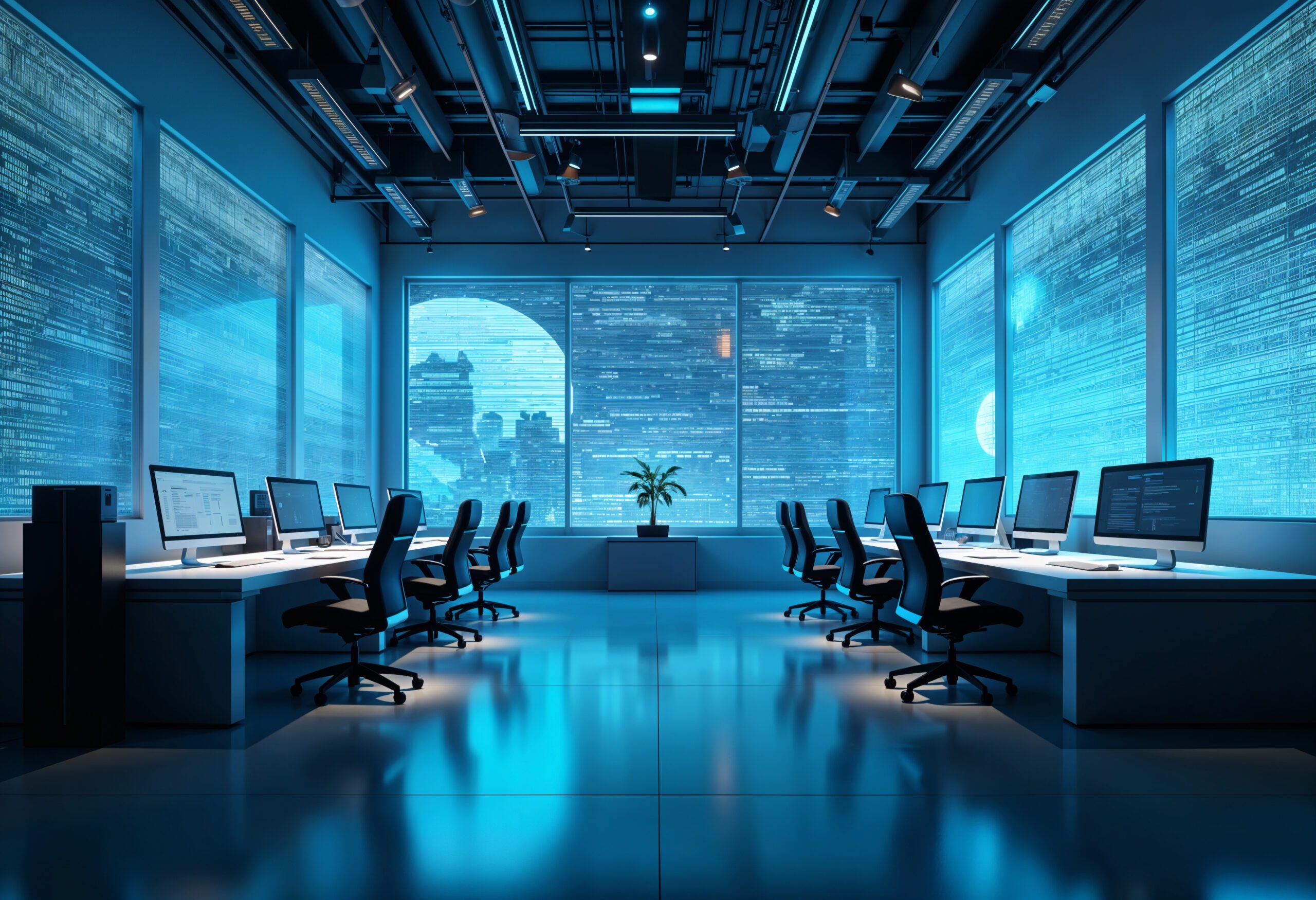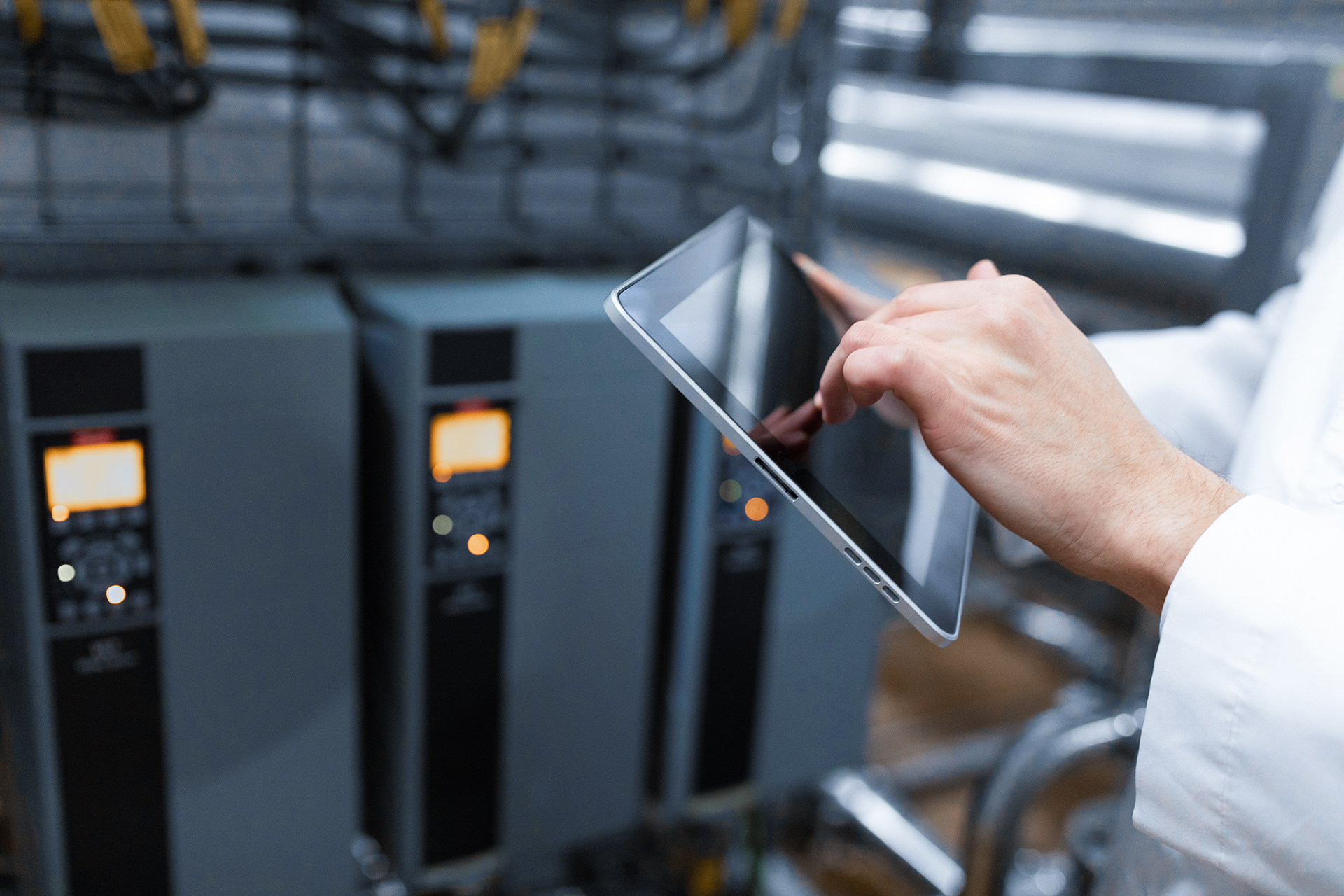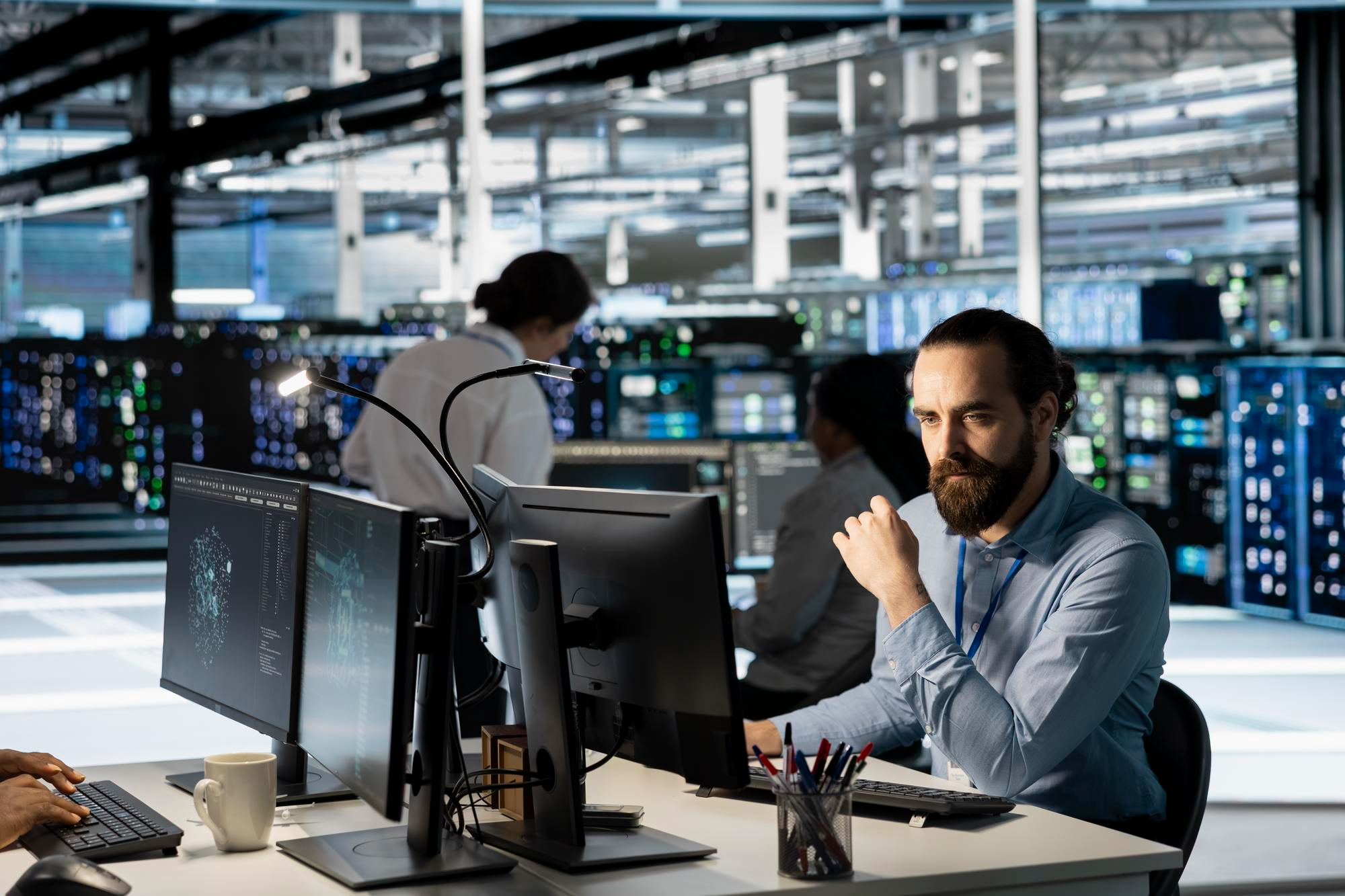It’s tax time again and there are plenty of bargains to be had in your computer store so if you need to invest in a new laptop computer to start the new financial year, there are plenty to choose from.
Tablets haven’t yet taken over as far as mobile computing is concerned and most agree that laptops are a better bet, especially if it’s going to be your main workhorse. Laptops are still more flexible and offer most of the benefits of a desktop computer including portability and screen size.x
There’s a plethora of laptop computers available at different prices, with different functionality and as with desktop computers, the options available with laptops can be just as confusing for the average buyer. It really just comes down to what you want to do with your computer.
Remember, if you want a DVD or Blu Ray drive, laptops these days don’t come equipped with either of them. And if you want to run several programs at the same time or use your laptop for gaming, audio mixing or graphics you’ll need a different animal than one for basic internet (social media, emails, videos) or word processing. As well as other things to look for besides quality and price, there are three basics to consider:
The size of the hard drive, RAM and the speed of the processor.
So, before splurging on a new laptop computer, read through this checklist:
- Hard Drives – A terabyte of hard drive space is the optimal size, and 500Gb is the lowest you should accept with a large laptop computer. Hard Disk Drives or HDDs are more economical and can store more data, whereas Solid State Drives or SSDs are a tad more expensive, use less power, are not as likely to be damaged if you drop the computer and they load a lot faster.
- RAM – Or ‘Random Access Memory’ determines how much muscle the computer has and just how much it does have will show when the system loads or you start a program. The time (groan) between turning the computer on and being ready to go is where you need more RAM. The more you have, the faster it loads up. So, for gamers and graphics or video work you’ll need 16Gbs plus. But for most users you’ll find that 8Gb is enough for general computing.
- Processor speed – An AMD or Intel dual-core processor is usually more than enough for your needs unless of course you are a graphic or video designer or a high-end gamer. The speed of your processor is gauged in Gigahertz (Ghz) and determines how fast your computer can do the job.
Other considerations include:
What size? – Size should be a major consideration. What size laptop computer suits you best? If you’re looking for something you can carry easily, a notebook that’s lightweight and with a screen that’s a little smaller, for example, from 12.5 to 13.3 inches weighing from 1 to 1.5 kilograms is probably worth choosing. Ultrabooks are a good bet too since they’re made to be light and slim.
What price? – What will you get for your money? Many people buy laptop computers for spreadsheets, searching the net or word processing so if you want it for basic work use or if you’re a student the options are out there. If you’re buying one for your child, look for spill-resistance and rubber edges.
Laptop computer prices range from $500 to $700 and any of these should fit the bill. Businesses need docking and power companions so they last longer. Battery life for these is important. If you want your laptop for rigorous work you’ll no doubt need a professional grade graphics card such as Nvidia Quadro.
Look for certification by an independent Software Vendor (ISV) and with software providers like Autodesk or Adobe to be sure all apps run at top speeds on your choice of laptop computer and check that it has a good cooling system and plenty of USB ports. As for price, you’ll be looking at something like $1500 and up to more than $3,500 for one of these little beauties.
Screen quality – Resolution and viewing angle are important so if you want lots of space and to see able to see everything a Full HD or 1920×1080-pixel resolution would be best. For the widest viewing angle and also for your comfort, choose a computer screen that offers in-plane switching or IPS (in-plane switching technology).
CPU – For the best performance in your new laptop computer you’d be hard pressed to get any better than Intel’s Core-based CPUs. These include Core i3, i5 and i7 for multimedia and multitasking. There have been reports of heat through the base of the laptop so its not a good idea if you actually want use this one on your lap.
Battery life – Running out of juice and batteries ending their life-spans have been the bugbear of laptop computers and mobile devices since creation and no matter what the makers say about longevity, it’s often nothing like how it is. The reason for this is that there are so many things that can affect a battery’s functioning. Impacts include the tasks you run on the computer, screen resolution and brightness, streaming videos etc, can all drain the battery. Still, check out the battery’s rating – for a 13.3 inch Ultrabook look for a rating of 44Wh to 50Wh.
Biometrics, Fingerprint readers – People might be able to guess or work out your computer password but nothing can match your own fingerprint. Fingerprint readers are easy for logging into laptop computers and mobile phones etc, as long as your finger is dry, so make sure that you don’t have, for instance, traces of the peanut butter from your toast on your digit. Also, if you don’t mind being told your fingerprint isn’t recognised a couple of times, which is a bit frustrating if you’re in a hurry to start up your computer. Windows 10 uses fingerprint readers.






